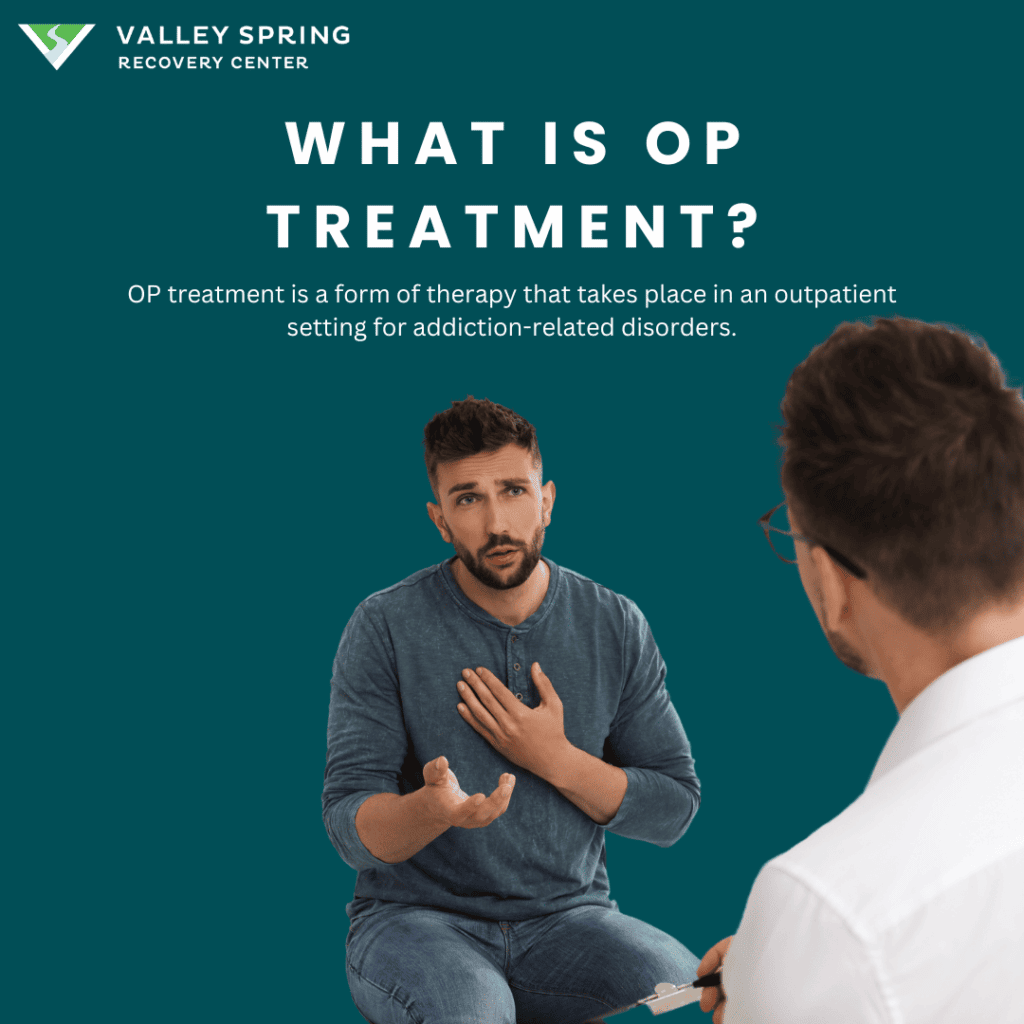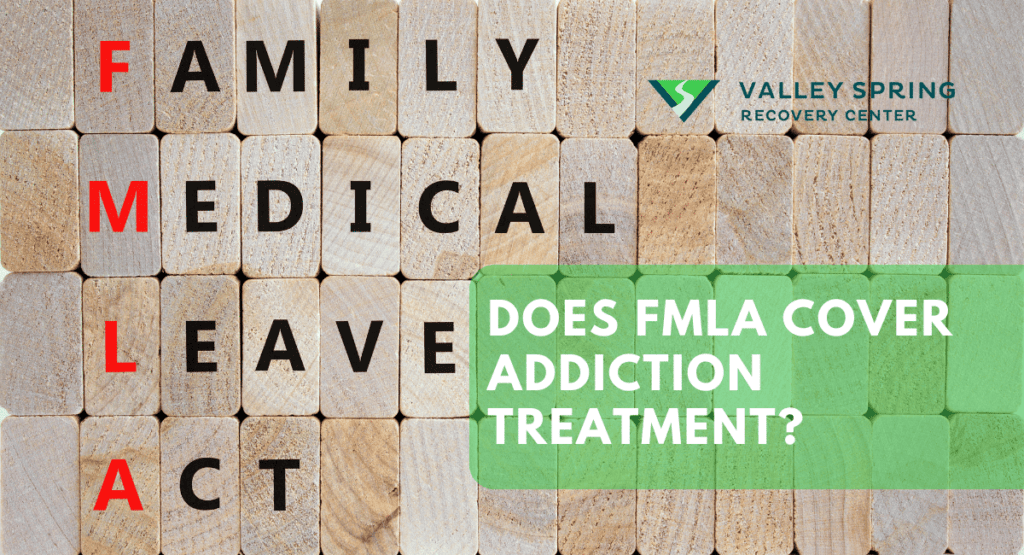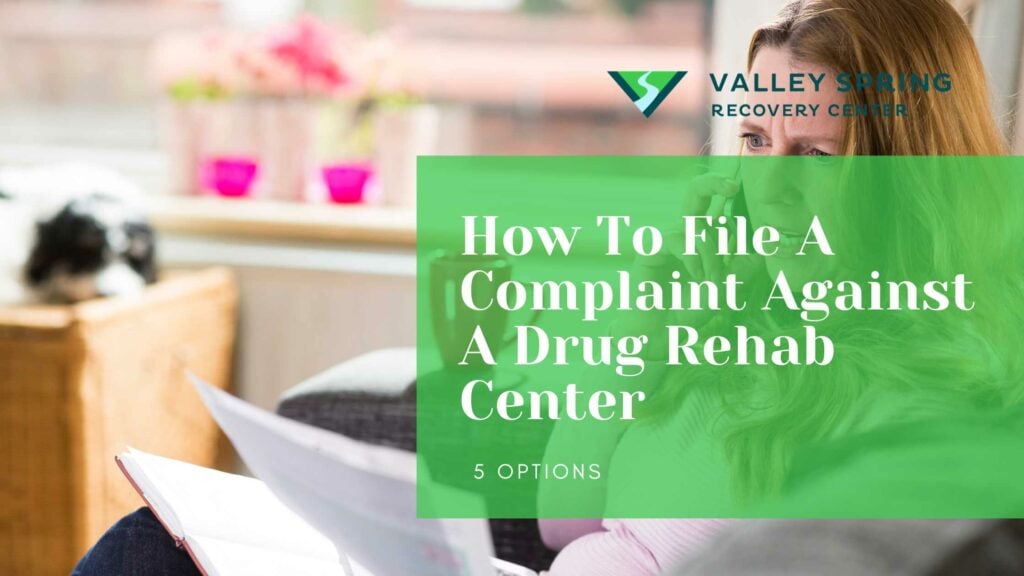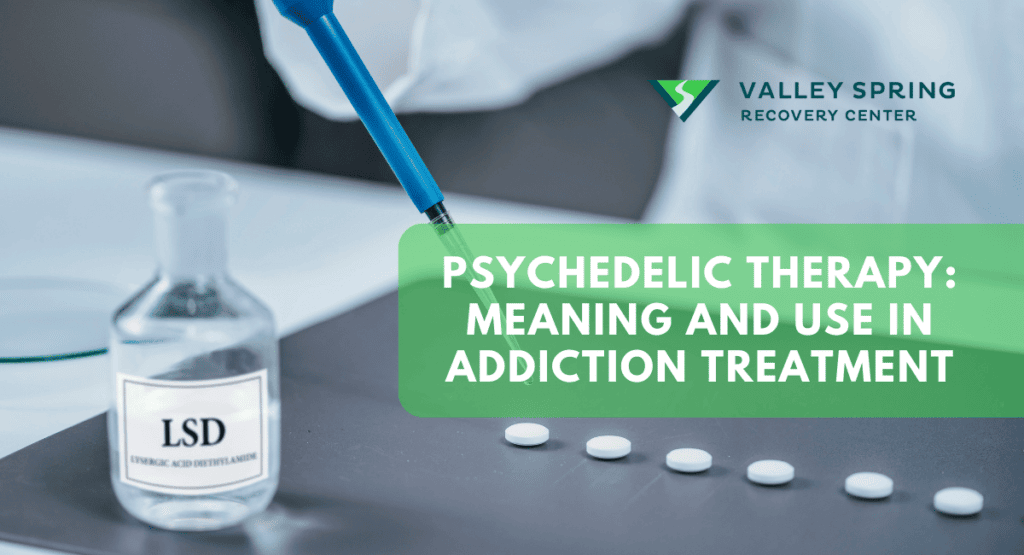Intensive Outpatient Programs (IOP) and standard Outpatient Programs (OP) are two primary avenues for addressing substance abuse and mental health disorders. While both fall under the broad umbrella of outpatient care, they diverge significantly in their intensity, structure, and therapeutic approaches. IOPs typically require a more substantial time commitment and offer a rigorous treatment schedule, ideal for individuals who need intensive therapy but wish to maintain certain daily responsibilities. On the other hand, OPs provide a more flexible schedule and are suited for individuals who require ongoing support but can manage their symptoms without the need for daily treatment.
These programs are not one-size-fits-all solutions; their effectiveness hinges on a variety of factors, such as the nature of the substance or condition you’re dealing with, the extent and duration of use, as well as any underlying psychological triggers. Other considerations like cost, support structure, and personal obligations also come into play when choosing between IOP and OP.
Understanding the nuances between these two types of outpatient care is pivotal for making an informed choice that aligns with your treatment goals, lifestyle, and overall well-being. Therefore, discerning the differences and similarities between IOP and OP can act as a roadmap, guiding you toward the right treatment path.
What Is OP Treatment?

Outpatient treatment (OP) is a state-licensed regimen for those with substance abuse issues. Positioned between regular therapy and Intensive Outpatient Treatment in intensity, OP lets patients maintain daily tasks while getting targeted therapy and support. Unlike residential rehab, OP doesn’t offer 24/7 medical care but prioritizes flexibility.
Outpatient rehab can be particularly appealing for those who need support but cannot commit to a full-time residential program. An outpatient treatment program provides the necessary structure and support for recovery while maintaining flexibility.
Outpatient treatment programs typically include:
- Group and individual therapy sessions
- Skills development
- Various types of therapy such as cognitive-behavioral therapy (CBT) and dialectical behavior therapy (DBT)
Operating three days a week over a course of 60-90 days, OP is structured to facilitate your goals post-residential treatment. It offers the support you need to stay sober and continue on your path to recovery.
What Are The Benefits And Advantages of OP?
The most significant advantage of outpatient treatment is its flexibility, allowing you to continue with work, school, and family obligations while receiving the care you need. This flexibility can be crucial for those who cannot afford to take extended time off from their daily lives. Moreover, outpatient treatment is generally more cost-effective than residential programs, as it requires fewer hours of treatment and resources.
Another crucial benefit of OP is the availability of peer support found in group therapy sessions. Connecting with others who share similar experiences and challenges can foster camaraderie and encouragement, making the recovery journey more manageable and enjoyable.
What are the shortcomings of OP treatment?
Outpatient (OP) programs for substance abuse exhibit certain limitations that can impact their efficacy based on the severity of the addiction that is being treated. One primary shortcoming is the absence of round-the-clock medical supervision, a feature intrinsic to residential rehab settings. This lack of constant oversight can be detrimental for individuals grappling with severe withdrawal symptoms or co-occurring mental health disorders. The program’s structure, which allows patients to return to their home environment post-session, exposes them to potential triggers, thereby elevating the risk of relapse.
Another drawback pertains to the program’s inherent flexibility, which, while advantageous for maintaining daily responsibilities, demands a high level of self-discipline and commitment from the patient. This requirement can be a double-edged sword; it offers autonomy but can also undermine the treatment’s effectiveness if the individual is not fully engaged. Additionally, OP treatment may not provide a comprehensive suite of services, such as multiple therapy options or holistic treatments, which are often available in more intensive settings. This limitation could result in a less multifaceted approach to addressing the complex issue of substance abuse.

What is IOP?
Intensive Outpatient Treatment (IOP) is a treatment protocol designed to treat individuals with moderate to severe substance abuse challenges. Situated between Outpatient Treatment (OP) and Partial Hospitalization in terms of care intensity, IOP provides a more rigorous therapy schedule while still allowing participants to uphold certain daily responsibilities. Unlike OP, IOP often includes a broader range of services such as group therapy, individual counseling, and sometimes medical monitoring, striking a balance between comprehensive care and lifestyle flexibility.
Intensive outpatient programs involve 3.5-hour sessions, which typically include group therapy, skills development, and various types of therapy. These sessions are designed to provide a short-term, intensive outpatient treatment option for individuals transitioning from inpatient or partial hospitalization programs (PHP). With this increased intensity, an intensive outpatient program aims to help individuals make rapid progress in their recovery, addressing the root causes of addiction and building a strong foundation for long-term sobriety.
IOP programs are highly structured, usually lasting 9 to 12 weeks, with a minimum of 3 days per week of treatment. This structured environment enables individuals to focus on their recovery while still maintaining a sense of autonomy and control over their lives. The skills groups, in particular, provide an invaluable opportunity to hone in on and strengthen relapse prevention tools, equipping patients with the necessary skills to maintain their recovery even after completing the program.
What Are The Benefits of IOP?
Intensive Outpatient Programs offer several advantages over standard outpatient treatment, including:
- Higher support and accountability
- More intensive structure, providing a higher level of care
- Access to medical and psychiatric care, enhancing the comprehensiveness of the program
These advantages ensure that individuals receive the guidance they need to make significant progress in their recovery.
Another benefit of IOP is the smoother transition it offers from inpatient or PHP treatment. For individuals who have completed more intensive treatment programs, IOP can serve as a crucial step-down level of care, helping them adjust to a less restrictive environment while still providing a structured and supportive atmosphere. This gradual transition can contribute to lasting recovery and reduce the risk of relapse.
What Are The Disadvantages Of IOP?
Intensive Outpatient Programs (IOP) offer a more structured approach to substance abuse treatment compared to standard outpatient programs, but they come with their own set of disadvantages. One significant limitation is that, similar to OP, IOP does not provide 24/7 medical supervision. This can be a critical factor for individuals who are at a higher risk of severe withdrawal symptoms or those with co-occurring mental health conditions that require constant monitoring. Additionally, while IOPs often include a broader range of services like group therapy and medical monitoring, they still may not offer the full spectrum of care that residential or inpatient programs provide.
Another drawback of IOP is the time commitment involved. The program usually requires multiple sessions per week, often lasting several hours each, which can be challenging for individuals who have work, school, or family obligations. This level of commitment can lead to stress and may affect compliance with the program. Furthermore, similar to OP, the flexibility of IOP means that patients return to their home environment after each session, exposing them to potential triggers and the risk of relapse. This lack of a controlled, substance-free environment can compromise the effectiveness of the treatment for some individuals.
What are the Key Differences Between IOP and OP?
IOP and OP are the level of intensity of treatment, time commitment, and level of support provided. IOP and OP involve therapy and support for addiction recovery, IOP can meet up to 5 times per week for 3 hours whereas OP is only 1 to 3 times per week and usually only for one and a half hours. This increased intensity means that individuals participating in IOP will typically engage in more hours of therapy each week, allowing them to make faster progress in their recovery.
OP provides a less intensive treatment experience, with fewer therapy sessions per week. While both options can be effective, the decision between IOP and OP will largely depend on the individual’s needs and the severity of their addiction.
It’s important to remember that there is no one-size-fits-all approach to addiction treatment. Some individuals may find that the increased intensity of IOP is necessary for their recovery, while others may thrive in the more flexible environment of OP.
What Is the Time Commitment Of Outpatient Treatment?
Another crucial difference between IOP and OP is the time commitment required for each program. IOP typically involves multiple hours of therapy sessions each day, for a minimum of 3 days per week. This more substantial time commitment can allow for a more in-depth exploration of the underlying issues contributing to addiction and more significant progress in recovery. However, it may also require a greater level of dedication from the individual, which could be challenging for those with work, school, or family commitments.
On the other hand, OP involves fewer and shorter therapy sessions, usually 2 to 3 days a week for a few hours each session. This more flexible schedule can be an excellent fit for individuals who need to maintain their daily responsibilities while still receiving support for their recovery. The decision between IOP and OP will depend on the individual’s needs and their ability to commit to the necessary time investment for each program.
The level of support provided in IOP and OP differs significantly. IOP offers a more comprehensive support system, including individual and group therapy, access to medical and psychiatric care, and increased accountability. This higher level of support can be particularly beneficial for individuals with more severe addictions or those who have recently completed more intensive treatment programs, such as inpatient rehab or PHP.
In contrast, OP provides a lower level of support, with fewer hours of therapy per week. While this level of care may be sufficient for some individuals, others may require the more robust support system offered by IOP to maintain their recovery progress.
When deciding between IOP and OP, it’s essential to consider the extent of support needed and how this will impact the individual’s recovery journey.
How can you choose Between IOP and OP?
To determine the appropriate level of care needed for your recovery, it’s essential to assess the severity of your addiction. This can be done using various assessment tools, such as the Addiction Severity Index (ASI) or the Severity of Dependence Scale. These tools are highly recommended by medical professionals to accurately assess the severity of substance use disorders and provide valuable guidance for treatment.
The severity of your addiction helps in making a more informed decision between IOP and OP, based on your requisite level of care and support. Based on the stage of your recovery, ASAM criteria and ASI can help guide decision making when being assessed by a professional.
Professional guidance is highly recommended when assessing the severity of your addiction. Consulting with a healthcare professional or addiction specialist can provide invaluable insights into your specific needs and recommend the most appropriate treatment option for you. By combining their expertise with your self-assessment, you can make a well-informed decision between IOP and OP.
Lifestyle considerations play a significant role when choosing between IOP and OP. Factors such as work, family, and mental health, as well as social support, can all impact your recovery journey and should be taken into account when choosing a treatment option.
For example, if you have a demanding job or significant family commitments, the flexibility of OP may be more suitable for your needs. On the other hand, if you require a more structured and supportive environment to maintain your recovery, IOP may be a better fit.
By carefully considering how your lifestyle factors will interact with each treatment option, you can make a more informed decision about the best path for your recovery journey. Remember that there is no one-size-fits-all approach to addiction treatment, and the most effective option will depend on your unique needs and circumstances. Many IOP and OP programs are now conducted via telehealth therapy for addiction. You can get treatment regardless of your personal ability to actually get to a drug rehab center.
How do you Transition Between Treatment Levels?
Transitioning between treatment levels is an essential aspect of the recovery process, as it ensures that individuals receive the appropriate level of care throughout their journey. Smooth transitions between inpatient, PHP, IOP, and OP can help maintain recovery progress and prevent setbacks.
Ensuring smooth transitions between treatment levels is crucial for continued recovery. By effectively communicating and coordinating between treatment providers, you can guarantee that you receive the appropriate level of care at each stage of your journey. This can involve tailoring your treatment plan to suit your evolving needs, as well as providing the necessary support and resources during the transition process like helping to work with your employer to get FMLA.
One of the key benefits of smooth transitions between treatment levels is the continuity of care that it offers. This continuity helps maintain the momentum of your recovery, ensuring that you continue to make progress and build on the gains you’ve made in previous treatment levels. By prioritizing smooth transitions, you can maximize your chances of achieving lasting recovery and preventing relapse.
When do you Build a Support Network?
Establishing a strong support network is crucial for maintaining long-term sobriety and preventing relapse and starting to build your support system in IOP and OP can be vital to success. This network can include peers, family members, and professionals who can offer encouragement, guidance, and accountability throughout your recovery journey. By surrounding yourself with supportive individuals, you can ensure that you have the resources and motivation needed to overcome challenges and maintain your progress.
In addition to providing emotional support, a strong support network can also offer practical assistance and resources. This can include help with finding employment, securing housing, or accessing healthcare services. By building a robust support network, you can create a stable foundation for your recovery, ensuring that you have the tools and resources needed to achieve lasting sobriety.
Help Is Right Around The Corner.
Private, Confidential, Evidence-Based Drug Rehab in Northern New Jersey
Frequently Asked Questions
What Types of Therapies Are Common in OP and IOP?
Both OP (Outpatient) and IOP (Intensive Outpatient) programs often include a variety of therapies such as Cognitive Behavioral Therapy (CBT), Dialectical Behavior Therapy (DBT), and family counseling. However, IOP usually offers a more intensive and diverse range of therapies due to its more rigorous schedule.
Can I Continue Working While Enrolled in OP or IOP?
Yes, one of the advantages of both OP and IOP is that they allow you to continue working or attending school. However, IOP requires a more significant time commitment, often involving multiple sessions per week, which may necessitate adjustments to your work or school schedule.
How Do I Know If I Need OP or IOP?
The choice between OP and IOP often depends on the severity of your addiction and your individual needs. IOP is generally recommended for those who require more intensive treatment but don’t need inpatient care. Consulting with healthcare providers for an assessment is the best way to determine which option is right for you.
Are OP and IOP Covered by Insurance?
Many insurance plans offer some level of coverage for both OP and IOP. However, the extent of coverage can vary, and it’s essential to consult with your insurance provider to understand what is covered and what out-of-pocket expenses you may incur.
Do OP and IOP Programs Offer Medication-Assisted Treatment?
Many OP and IOP programs offer medication-assisted treatment (MAT) as part of a comprehensive approach to addiction recovery. Medications like Methadone, Buprenorphine, and Naltrexone may be used in conjunction with behavioral therapies.
Can I Transition from IOP to OP?
Yes, transitioning from IOP to OP is common as individuals make progress in their recovery. This step-down approach allows for a gradual reduction in treatment intensity while maintaining support and accountability.
What is the Typical Duration for OP and IOP Programs?
OP programs are generally more flexible and may last for several months or even years, depending on individual needs. IOP programs are more structured and typically last for a few weeks to a few months. The duration can vary based on the program and individual progress.
Can Family Members Be Involved in OP and IOP?
Family involvement is often encouraged in both OP and IOP as it can provide additional support and accountability. Many programs offer family therapy sessions and educational workshops to help family members better understand addiction and recovery.
How Do OP and IOP Programs Handle Relapse?
Both types of programs have protocols for managing relapse, which may involve reassessment and adjustment of the treatment plan. Some programs may recommend transitioning from OP to IOP or vice versa, depending on the circumstances surrounding the relapse.
What Are the Costs Associated with OP and IOP?
The costs for OP and IOP can vary widely depending on the facility, types of therapies offered, and duration of the program. While insurance may cover some costs, additional out-of-pocket expenses are likely. Always inquire about costs upfront and explore payment options.
How To Make The Right Choice For Outpatient Treatment?
There are many different recovery options, and understanding the distinction between Intensive Outpatient Programs (IOP) and standard Outpatient Programs (OP) is more than academic—it’s instrumental for lasting success in sobriety and mental well-being. The right decision isn’t solely predicated on the type of treatment; it’s also shaped by the granularity of your addiction severity, lifestyle constraints, and underlying psychological factors. Enlisting the expertise of medical professionals not only demystifies the journey but also unravels deeper issues that might have been overlooked. The hallmark of a robust recovery plan is not just the initial treatment but the full continuum of care which refers to the seamless transition between care levels, the strength of your support network, and the tailored fit of the program to your unique needs. Moreover, the context extends beyond the IOP and OP dichotomy, linking with the broader spectrum of residential rehab and outpatient options. Each involves a separate set of variables, from the acuteness of the addiction to familial dynamics and support systems. The end goal remains constant: to foster a sustainable path to recovery that improves your quality of life.
Sources
- National Institute on Drug Abuse. (2012). Principles of Drug Addiction Treatment: A Research-Based Guide (Third Edition). Retrieved on February 3, 2023 http://www.drugabuse.gov/publications/principles-drug-addiction-treatment
- Mayashida M (1998). “An Overview of Outpatient and Inpatient Detoxification.” Retrieved on June 15, 2023 http://pubs.niaaa.nih.gov/publications/arh22-1/44-46.pdf
- Mental Health America. “In Patient Care.” Retrieved on June 13, 2023 http://www.mentalhealthamerica.net/patient-care
- National Institute on Drug Abuse (2014). “Drugs, Brains, and Behavior: The Science of Addiction.” Retrieved on June 13, 2023 http://www.drugabuse.gov/publications/drugs-brains-behavior-science-addiction/treatment-recovery
Ben Fisher
All author postsShare This Post










